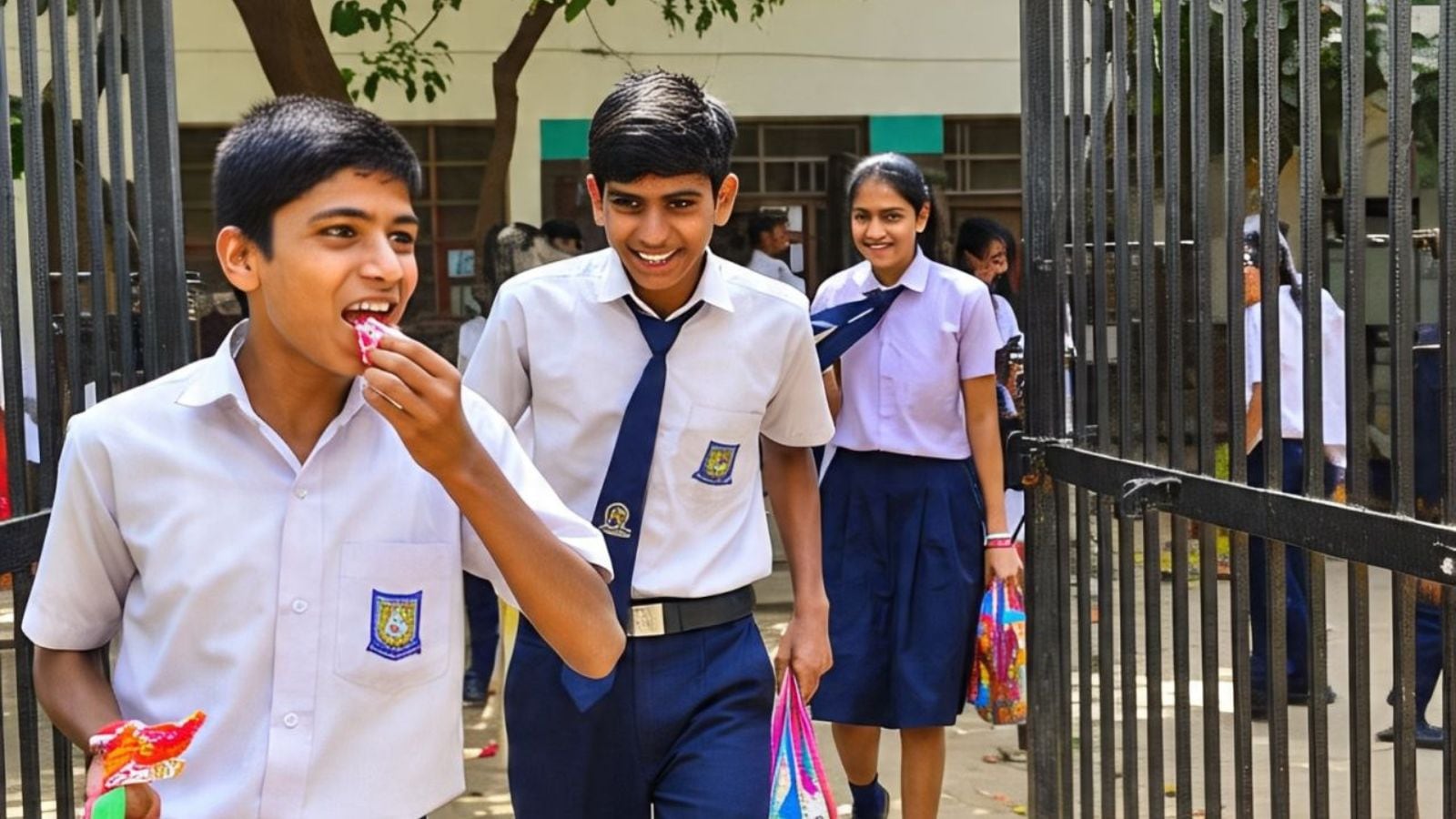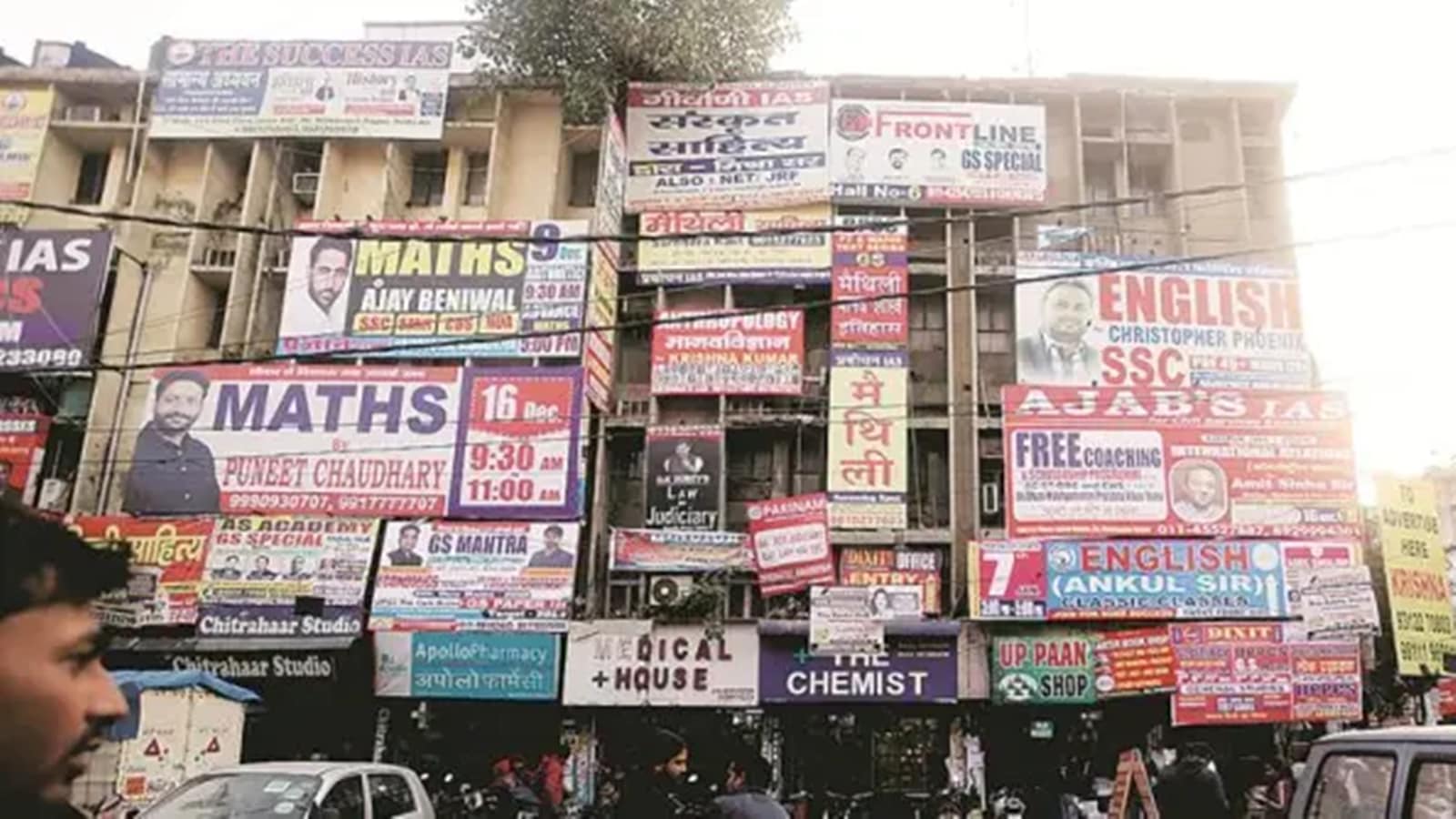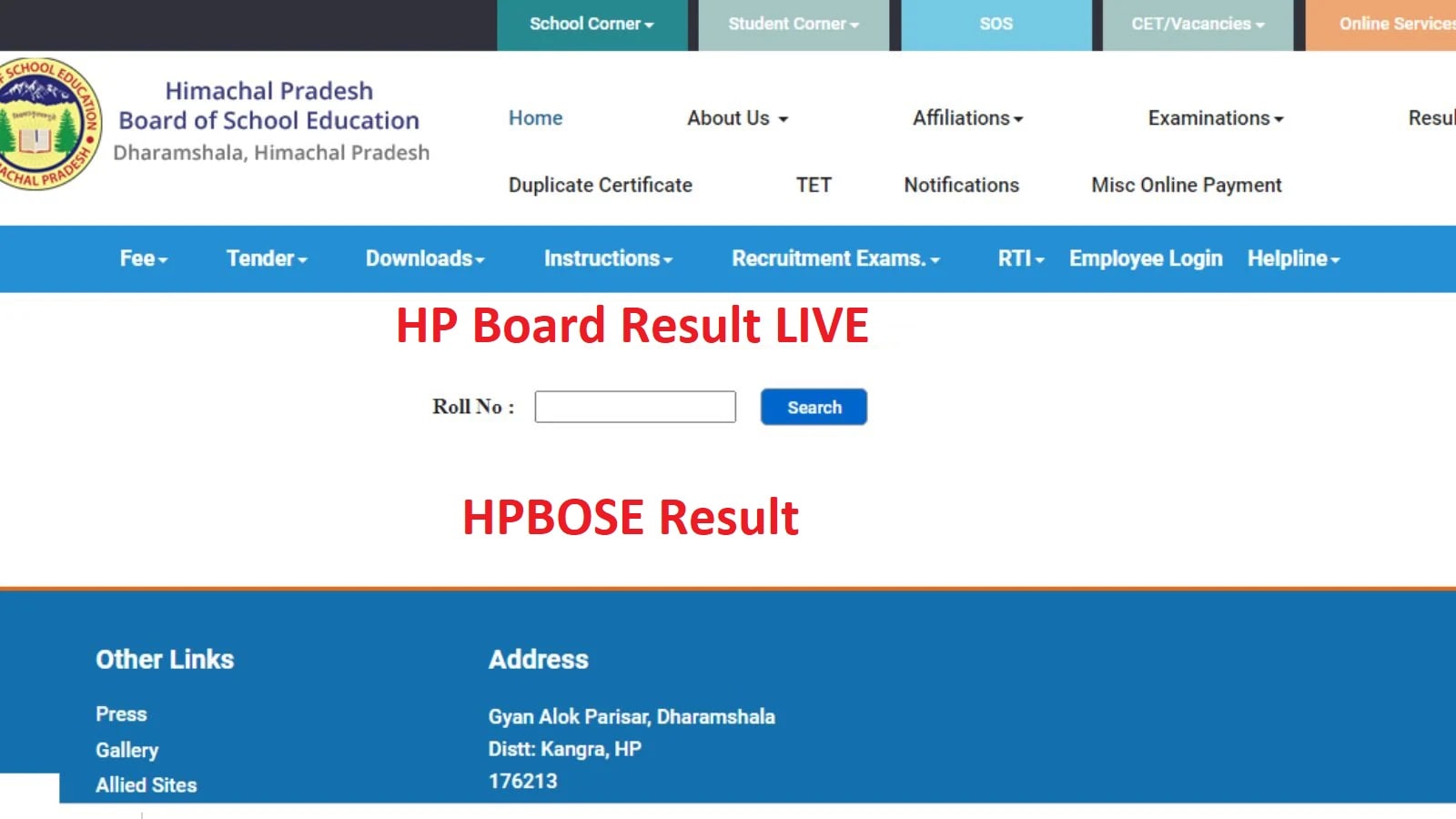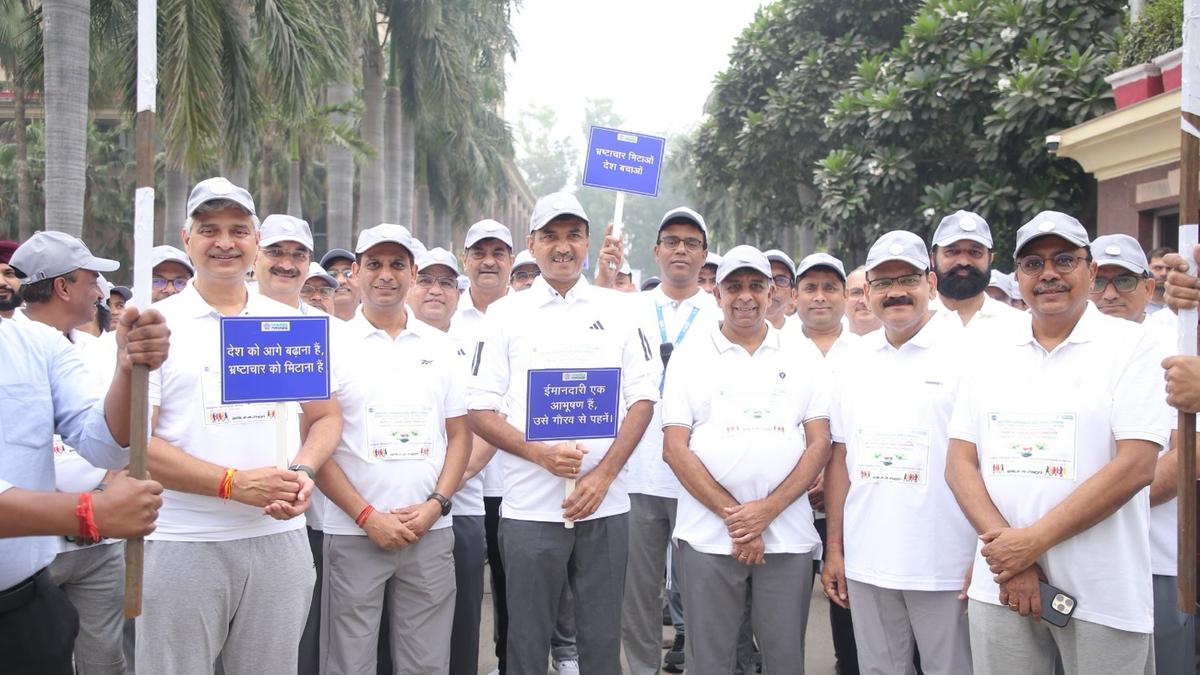After urging schools to display ‘Sugar Boards’ as visual reminders to reduce sugar intake, the Central Board of Secondary Education (CBSE) has expanded its awareness drive by recommending the introduction of ‘Oil Boards’ in affiliated institutions.
Earlier, the Board announced the Sugar Boards initiative to curb the consumption of sugary foods among schoolchildren. Taking it a step further, a new directive issued today calls for similar visual cues to raise awareness about the excessive use of unhealthy fats and oils.
CBSE mandates ‘sugar boards’ in schools to limit child diabetes
What are oil boards?
According to the circular, ‘Oil Boards’ refer to posters or digital displays installed in shared spaces such as cafeterias, lobbies, and meeting rooms within school premises. These boards will aim to educate students and staff about the harmful effects of consuming high-fat foods and oils and to serve as daily reminders promoting healthier eating habits.
Why this initiative?
The introduction of Oil Boards comes amid growing concerns about rising obesity levels in India, especially among children and adolescents. Data cited by CBSE from the National Family Health Survey (NFHS-5, 2019–21) reveals that over one in five adults in urban areas are overweight or obese.
Additionally, a Lancet study published in 2025 forecasts that the number of overweight and obese adults in India will rise from 18 crore in 2021 to nearly 45 crore by 2050, positioning the country as having the second-highest obesity burden globally.
The CBSE notes that poor dietary habits, including excessive intake of unhealthy fats, coupled with reduced physical activity, are major contributors to this trend, especially in schools. The initiative is part of a broader effort to instill preventive health awareness and behavioural change among students from an early age.
Story continues below this ad
What the CBSE wants schools to do
To implement the Oil Board initiative effectively, CBSE has directed affiliated schools to undertake the following:
Install visual displays: Use either digital or printed posters in prominent school locations to caution against unhealthy fat consumption.
Use of health messaging: Include health-related reminders on school stationery such as letterheads, notepads, and folders.
 FSSAI’s ‘Oil Board’ as shared on social media platform X
FSSAI’s ‘Oil Board’ as shared on social media platform X
Promote healthy eating and physical activity: Offer more nutritious food options in school cafeterias and limit availability of sugary drinks and high-fat snacks. Encourage use of stairs, organise brief activity breaks, and set up walk-friendly routes to enhance physical movement among students.
Story continues below this ad
The CBSE has also noted that an important aspect of the Oil Board initiative is its emphasis on active student participation. Schools are encouraged to incorporate the development of Oil Board content into classroom projects. This would involve students researching the effects of unhealthy oils, designing messages, and creating posters or digital content.
 FSSAI’s Sugar Board as seen on social media platform X
FSSAI’s Sugar Board as seen on social media platform X
In its notice, CBSE has pointed schools towards additional resources provided by the Food Safety and Standards Authority of India (FSSAI). Posters, videos, and related material can be accessed via FSSAI’s official YouTube channel, or on its social media handles.
© IE Online Media Services Pvt Ltd







